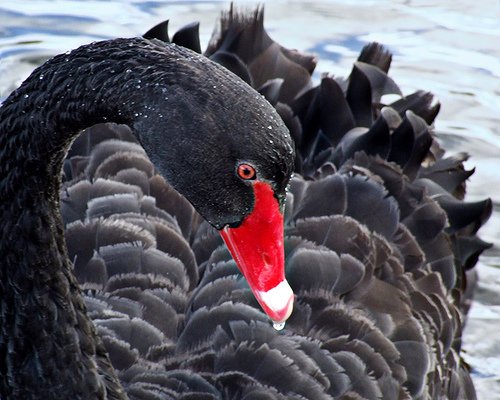1) No marginalised voices in editorial
2) No popular fiction market in Oz
3) Writers of colour (especially) but also other marginalised writers being encouraged to write memoir
The US has a flourishing popular fiction market, but the US bookstores are conservative and don't like settings or characters outside the US



